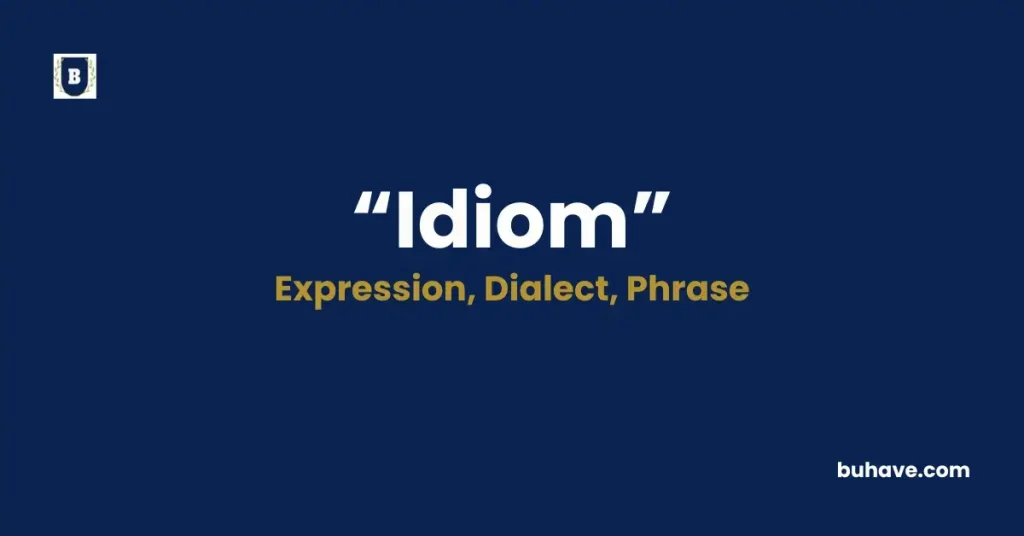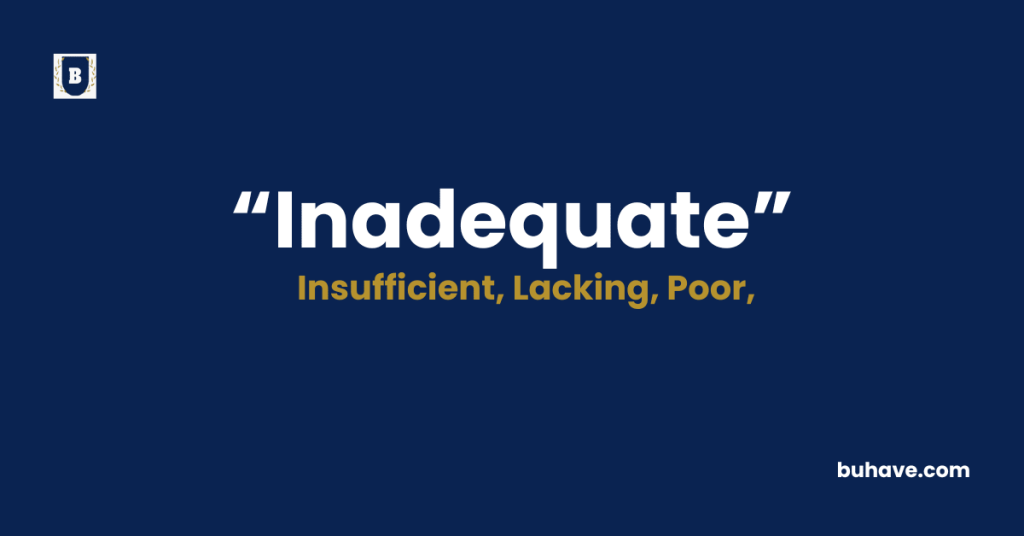The word ‘Willing’ (Adjective) describes someone who is ready, eager, or prepared to do something without being forced. In this guide, you’ll learn the full definition, synonyms, antonyms, etymology, and real-life examples of how to use ‘Willing’ correctly in sentences.
Willing Explained in Depth
A complete and detailed guide to the word “Willing,” including meaning, definition, examples, etymology, synonyms, and antonyms.
Meanings of Willing
Willing refers to a positive attitude toward taking action or helping others. If someone is willing, they show enthusiasm or readiness to do something whether it’s helping a friend, learning something new, or taking on a responsibility.
It suggests that the person agrees to do it voluntarily and with a cooperative mindset.
Definition
Willing is an adjective that means ready, eager, or prepared to do something voluntarily. It describes someone who agrees to help, participate, or contribute without reluctance or hesitation.
This word captures the idea of doing something out of choice rather than obligation.
Etymology
The word “willing” comes from the Old English “willung,” meaning “wish, desire, choice,” which itself comes from the verb “willan,” meaning “to wish, want, desire.” It has been used for centuries to describe readiness and enthusiasm to take action.
Example Sentences
- She was willing to help out with the project even though she had a busy schedule.
- They were willing to listen to my ideas and offer constructive feedback.
- He is always willing to lend a hand when someone needs assistance.
Willing Synonyms
- Eager
- Ready
- Prepared
- Inclined
- Enthusiastic
- Glad
- Agreeable
- Cooperative
- Responsive
- Obliging
Willing Antonyms
- Unwilling
- Reluctant
- Hesitant
- Disinclined
- Resistant
- Unenthusiastic
- Opposed
- Stubborn
- Refusing
- Disagreeable
FAQs about Willing
Here are some frequently asked questions (FAQs) about the word “Willing”
1. What does “willing” actually mean?
“Willing” means being ready and eager to do something voluntarily and without hesitation or reluctance. It reflects an open and cooperative attitude.
2. Can “willing” describe both people and actions?
Yes, it typically describes people who are ready to act or help, but it can also refer to attitudes, decisions, or gestures that show openness and agreement.
3. Is “willing” always positive?
Yes, it’s generally positive. It conveys a sense of helpfulness, cooperation, and readiness to engage.
4. How is “willing” different from “eager”?
While both words describe readiness, “eager” suggests a strong excitement or desire, while “willing” simply indicates an open and cooperative attitude without necessarily showing intense excitement.
5. Can I use “willing” in casual conversations?
Absolutely! “Willing” is a natural, easy word to use in daily conversations. You might say, “She was willing to stay late to help out,” or “I’m willing to give it a try.”






